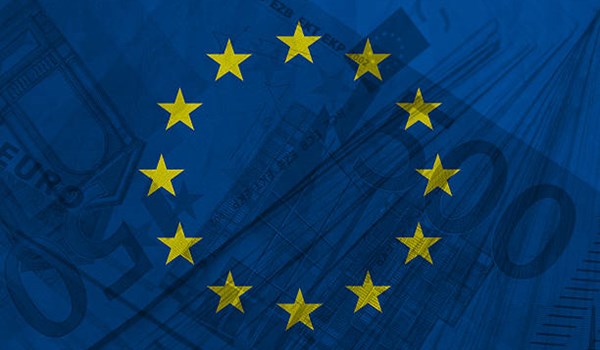The OECD is developing ways to increase taxes on international businesses, cross-border investment and global levies on wealth and energy generation.
he landscape of global tax policy is undergoing a significant shift as the Organisation for Economic Co-operation and Development (OECD) spearheads multiple initiatives to increase taxes on international businesses and cross-border investment. The early success of the OECD’s “inclusive framework” used to forge consensus on global business tax increases has emboldened some policymakers to try to recreate that achievement in new policy areas, such as wealth and energy taxes.
The next two years will be critical for the OECD’s pursuit of a new global tax system. It could either solidify its progress in establishing such a system, or face challenges as the program’s cost and complexity become more apparent to domestic constituencies.
Emboldened by some countries becoming early adopters of the OECD-designed global minimum corporate tax, high-tax activists are shifting their sights to new sources of revenue. Ahead of the November 2024 G20 summit in Rio de Janeiro, the finance and economy ministers of Germany, Spain, Brazil and South Africa proposed a global minimum tax on the world’s wealthiest families to pay for transnational redistribution and “social justice” programs. The EU Tax Observatory, a European Union-funded advocacy group for higher taxes, developed the proposal. France’s finance minister agreed with the thrust of the proposal, saying that “by 2027, we should have a global agreement on … taxation of the wealthiest people.”
As bureaucracies grow, they seek to justify their existence by pursuing new initiatives or broadening their policy portfolios.
The OECD’s success in corporate tax harmonization will not only mean higher taxes on global investment, but it could also lead to new projects with even greater reach and larger economic consequences.
A case study in mission creep
Proposals for new forms of international policy coordination by the G20, the United Nations and the OECD reflect well-established patterns by government agencies and international organizations; when given a chance, these bodies will expand the scope of their work.
Initially established to address a specific objective or shared challenge, these entities gradually accumulate additional responsibilities as interest groups lobby for new priorities and internal desire to maintain relevance overrides founding charters. As bureaucracies grow, they seek to justify their existence by pursuing new initiatives or broadening their policy portfolios.
The OECD exemplifies this mission creep. For decades, its work was valuable in facilitating greater trade and access to capital markets among market-oriented democratic member states and non-member developing countries. Through draft treaties and economic studies, the OECD helped coordinate countries’ efforts to mitigate double taxation of cross-border profits, lowering global taxes in the process. This politically neutral work has been unambiguously good for international trade and enhanced general well-being, meeting the OECD’s founding mission.
However, over several decades, the OECD’s tax work has shifted from primarily coordinating tax systems to designing tax increases using complicated new formulas and intrusive reporting requirements. In recent years, international revenue agents have turned the OECD’s global tax program into a tax cartel, designed to inhibit tax-rate competition and ensure every dollar is taxed at their preferred rate. This new agenda threatens to erode the success of the organization’s earlier work – and undermines its founding mission – by increasing taxes on cross-border investment and creating new avenues for double taxation.
With the intellectual groundwork on the global tax cartel now wrapping up, the OECD’s technical expertise and bureaucratic functions will soon turn to new projects.
In 2022, Secretary-General Cormann indicated that worldwide rules on the taxation of individuals are the next step in the OECD’s tax policy work, saying, “Our future tax agenda will need to look well beyond corporate taxes.” Like the finance ministers of Germany, Spain, Brazil, South Africa and France, the secretary-general worries that high-income individuals can escape high tax rates by moving to countries with lower taxation burdens. A new project to cartelize personal income tax systems could be the OECD solution.
The organization’s bureaucrats are far ahead of the G20 finance ministers. For the last decade, the OECD has laid the groundwork for a multi-pronged global tax system to support additional wealth redistribution and centralized state economic planning.
From taxes to climate
The OECD has also expanded its work on climate policy, complementing similar initiatives at the United Nations and the World Bank, among others. For global bureaucrats looking for another big arena, energy and climate policy is their next frontier. Many of the same tools used to force cooperation on global tax increases can be applied to manipulate energy markets and penalize use of fossil fuels.



